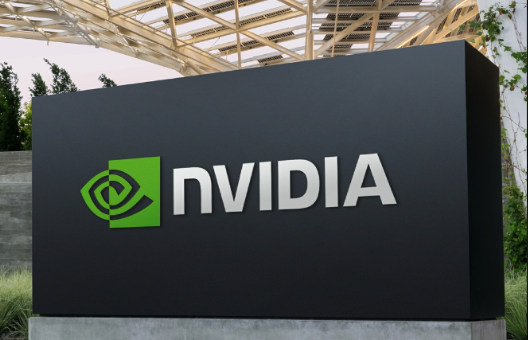Cato Networks Scores $200 Million on $2.5 Billion Valuation

Cato Networks has scored $200 million in Series F funding on a valuation of $2.5 billion – more than double its last “unicorn” valuation after raising $130 million less than a year ago. The round brings Cato’s total funding to $532 million and attests to the momentum behind the vendor’s approach to a secure access service edge (SASE) solution.
Indeed, perhaps no vendor has leveraged the term SASE as much as Cato has. Even before the term was coined, Cato touted the security and performance of its alternative, secure network of over 65 points of presence (PoPs) worldwide, which are powered by software-defined wide area networking (SD-WAN). Now, with the SASE approach adopted as a marketing vehicle for countless vendors, Cato has a banner for its services.
And those services are selling well. Cato claims that dozens of large enterprises spend over $250,000 in annual recurring revenue (ARR) with Cato, and several spend over $1 million. That adds up to over 90% anticipated growth in revenues in 2021 versus 2020.
Cato also says it will continue to realize growth not only from SASE customers but from firms looking to replace telecom services with a more secure, scalable, cloud-native, and performant alternative. In a blog today, Cato co-founder and CEO Shlomo Kramer stated:
“Since its inception, Cato was built to boldly compete against a wide range of large software and hardware vendors, as well as Telcos [emphasis added], with our fundamentally differentiated architecture and value proposition…. [A]ll our competitors in the SASE space are using legacy building blocks duct-taped together with cloud-native point solutions. They hope to evolve their solutions to become more seamless and more streamlined over time. Our position is that building ‘AWS-like’ networking and security cloud service requires a brand-new platform and architecture.”
Cato’s Architecture
At the heart of Cato’s SASE claims is an architecture it calls Single Pass Cloud Engine, or Cato SPACE. Simply put, this is Cato’s software stack, implemented on multiple compute nodes and processing cores. This design ensures that each Cato customer has access to a virtual network that allows endpoints to link to private data centers or clouds based on identity and context, while maintaining performance via cloud-based orchestration.
It’s a solution that addresses a growing need for scalable, secure private network services – as opposed to latching point products onto other services. “No more product-by-product configuration, updates, and troubleshooting – just getting things done, quickly,” said Matt Jennings, Director, Enterprise Technology at Chicago-based accounting and consulting firm Baker Tilly, in a statement. “It doesn’t matter how many sites or users we deploy or where, I know with Cato they will always get the same secure and optimal access to the resources they need.”
Of course, there are plenty of vendors of products and services competing with Cato’s that would decry accusations of poor integration. These include purveyors of zero trust network access (ZTNA) architectures. Also included vendors of existing SD-WAN and security products and services, such as Palo Alto Networks (NYSE: PANW) and Versa Networks, to name just two. And at least one startup, Aryaka, has added security to its own transport network-as-a-service (NaaS), which competes with Cato's offering. But with impressive growth and financing, Cato has become a force to reckon with.
What’s Next for Cato?
The latest round tempts the question of whether Cato might go public or be acquired. Not yet, says management. Acquisition isn’t mentioned as an alternative. And though IPO is a milestone, it’s not imminent. The company first wants to grow even bigger as a standalone firm. For instance, Cato will add to its sales, technology, and business capabilities. And personnel will grow from 400 employees today to roughly 600 by the end of 2022.
Cato’s Series F was led by Lightspeed Venture Partners with the participation of existing investors Greylock, Aspect Ventures/Acrew Capital, Coatue, Singtel Innov8, and Shlomo Kramer.

















